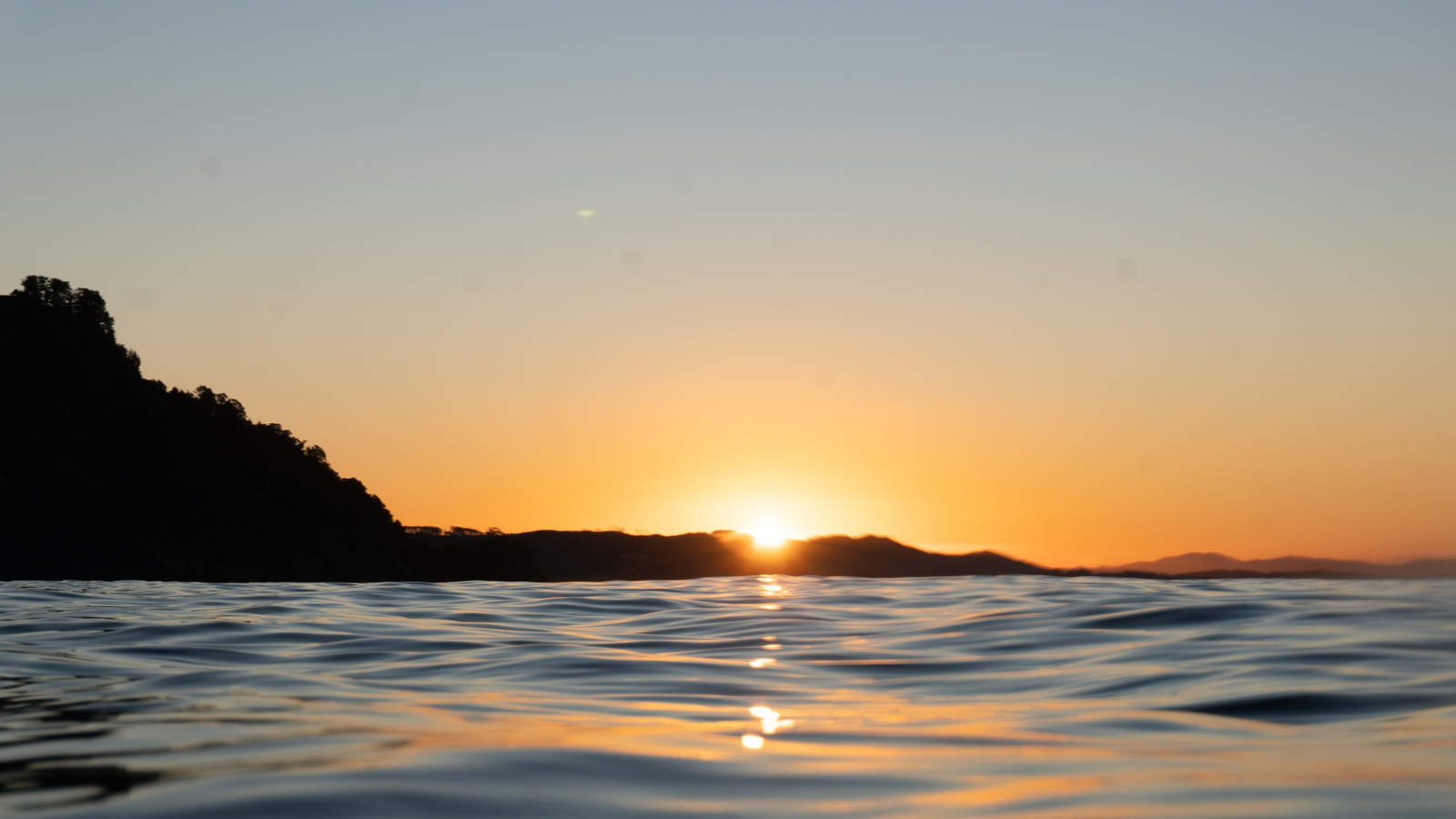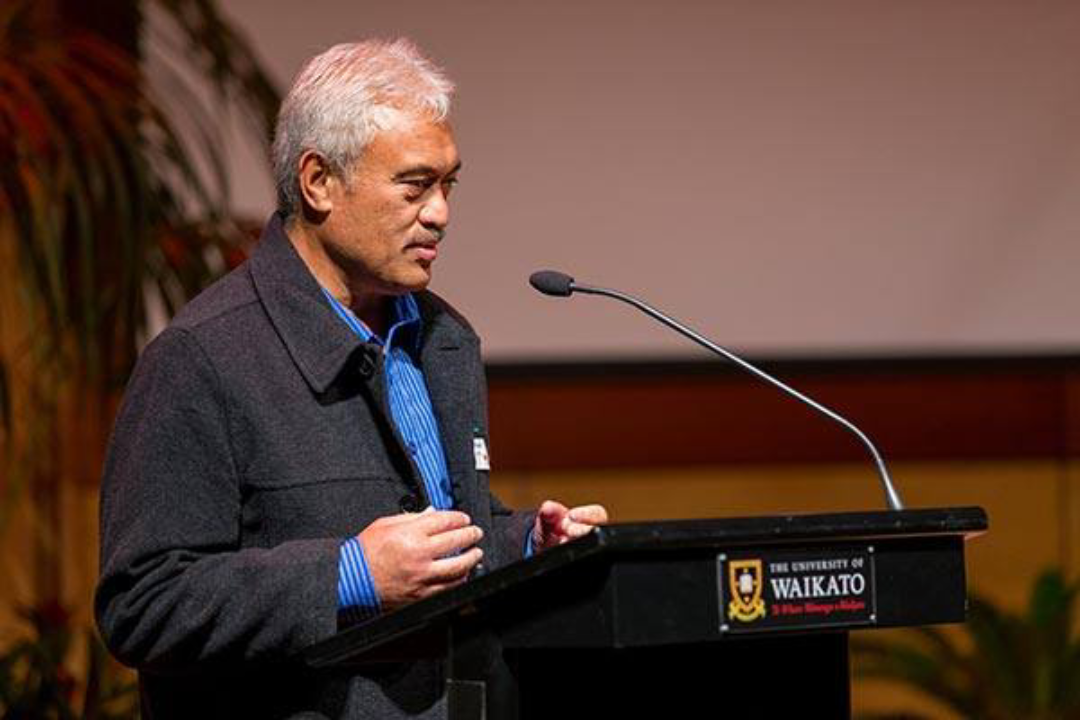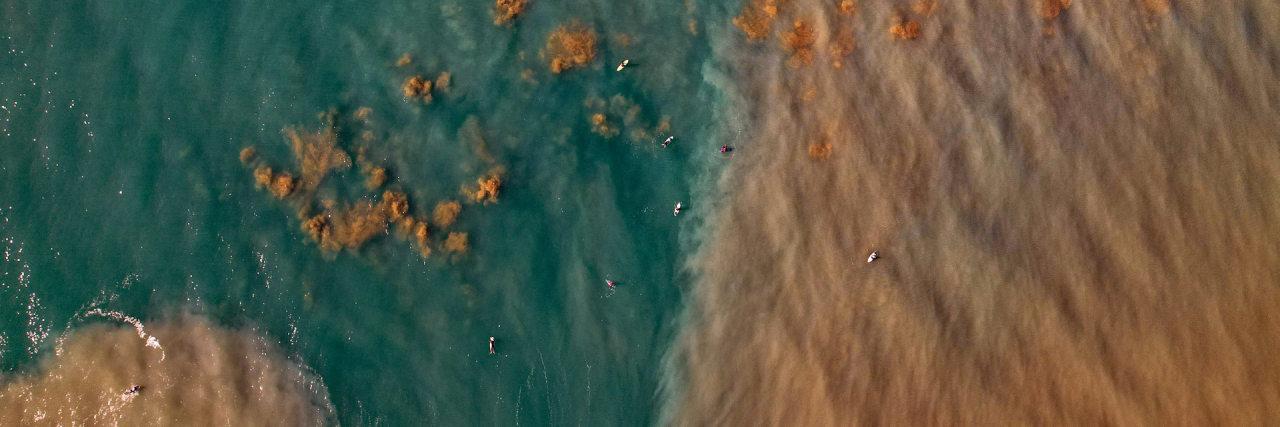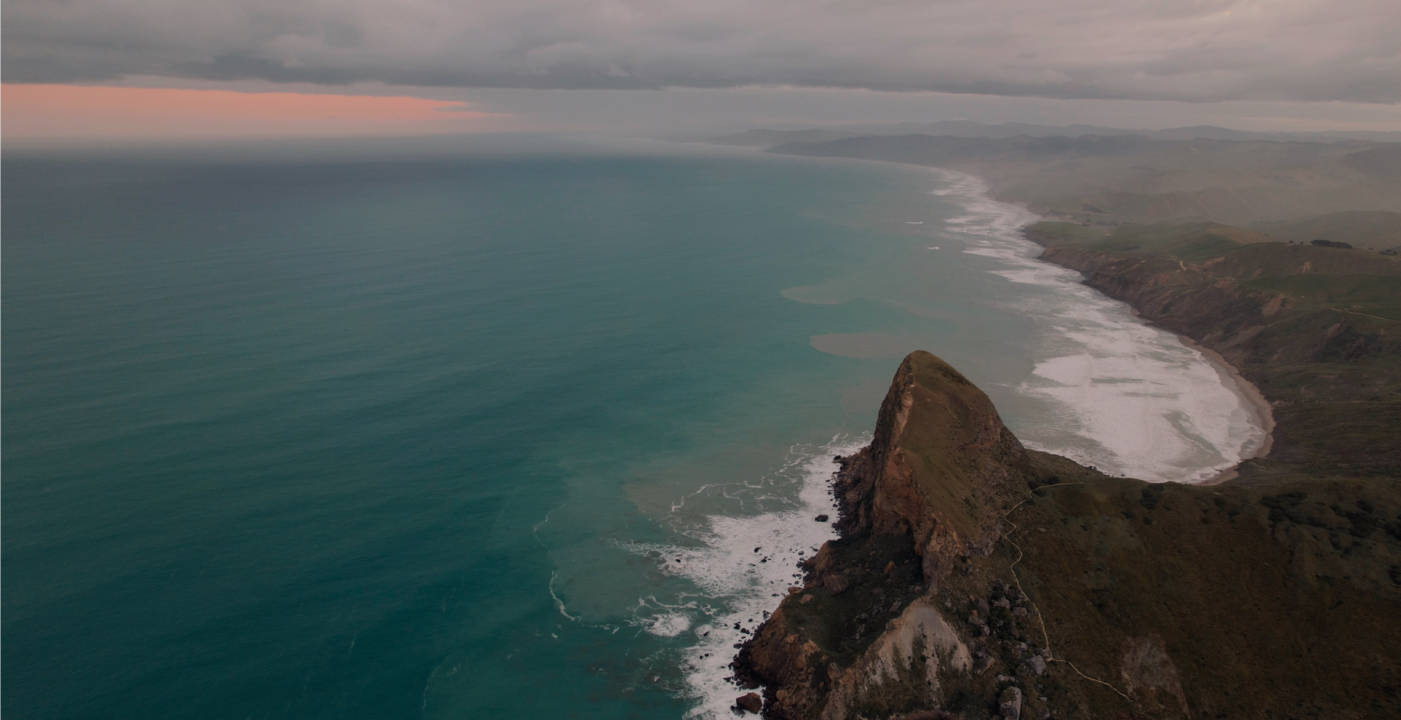A group of undergraduate science students from the University of California and the University of Wisconsin-La Crosse are participating in the University of Waikato’s Marine Science for Conservation programme – a six-week academic and cultural experience based at the Tauranga campus.
The cohort is part of the inaugural intake of this international short programme, which brings together marine science, fieldwork, Māori perspectives and hands-on conservation practice. Students earn formal university credit while exploring real-world challenges in marine spatial planning, ecosystem protection and sustainable ocean use.

Students were taken on a research vessel to the Leigh Marine Reserve to collect acoustic and underwater video data
“I was looking for a study abroad programme that focused on marine science, and this one was the perfect fit,” said Madison Wall, an aquatic science student from the University of Wisconsin–La Crosse. “What really stood out to me is how Māori knowledge is part of the conversation around marine conservation. I’ve never experienced that before. The learning has been incredible, and living right by the beach at Mount Maunganui has made it even more special.”
“My grandfather always spoke highly of New Zealand, so I knew I had to come here one day,” adds Samuel Hostrop, an ocean science student from the University of California, Santa Barbara. “This programme has given me the chance to not just study marine science but to really connect with the people, culture and environment. The relationship Māori communities have with the ocean and land is unlike anything I’ve seen before, and it’s made me reflect on how I relate to place and community back home.”
New Zealand is home to one of the most unique marine environments on the planet, with easy access to a diverse range of coastal and ocean ecosystems. The programme makes the most of this setting by combining interactive seminars, community engagement and field-based science. Students also spend a day aboard a research vessel collecting acoustic and underwater video data.

Students collecting samples from Maketū estuary
The Marine Conservation and Spatial Management paper introduces scientific principles and quantitative tools that support ecosystem-based planning. Students explore how to balance economic activities such as fishing and aquaculture with conservation goals, including global targets like protecting 30 percent of oceans by 2030.
Their final project, focused on marine conservation, human use and underwater noise, involves collaboration with iwi and hapū, the regional council and the Department of Conservation. Students gain practical experience in balancing environmental protection with cultural and community priorities.
“Our students are thinking beyond the science,” said Dr Joanne Ellis, Academic Team Leader of Marine Science and Aquaculture at the University of Waikato. “They are learning to navigate the real-world challenges of marine management, where conservation goals, cultural perspectives and community needs all come into play. That kind of learning helps shape them into well-rounded and future-ready marine professionals.”

US students from The University of California and the University of Wisconsin-La Crosse with Dr Jenni Stanley at Leigh Marine Reserve
Students are based in beachfront cabins at Mount Maunganui and take part in field trips to locations such as Leigh Marine Reserve, guided by senior lecturer and marine researcher Dr Jenni Stanley. The programme also includes a Māori cultural experience and culminates in the awarding of an official University of Waikato academic transcript.
“These students are forming a professional network they will carry into their careers,” said Dr Ellis. “They are not only developing technical capability, but they are also building global awareness, cross-cultural understanding and the ability to contribute meaningfully to complex marine conservation efforts.”
The six-week programme is part of a broader growth in marine science at the University of Waikato. The marine science major has doubled in size this year, reflecting strong international interest in coastal research and education grounded in both western science and mātauranga Māori.
It also aligns with the University’s strategy to position the Tauranga campus as a centre of excellence in coastal and marine learning and contributes to internationalisation goals by connecting global learners with locally grounded, globally relevant education, and fostering long-term academic and cultural exchange.




